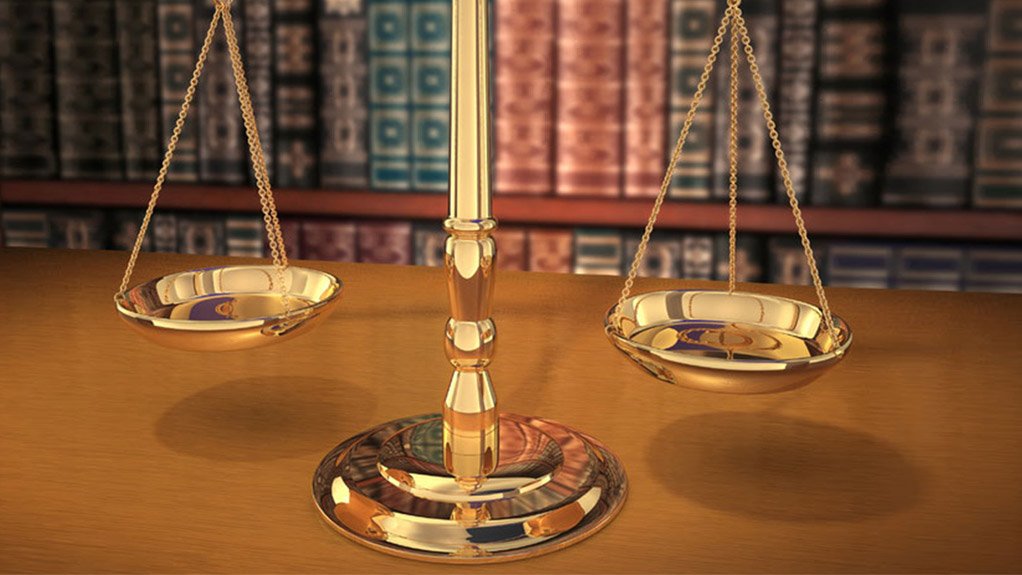On 8 October 2015, in a unanimous judgment, the Supreme Court of Appeal (SCA) dismissed the appeal brought by Mr Hlaudi Motsoeneng, the SABC and the Minister of Communications against the judgment handed down by Schippers J in the matter of South African Broadcasting Corporation Soc Ltd & Others // Democratic Alliance & Others.
The judgment affirms many of the submissions made by Corruption Watch on the nature of the powers of the Public Protector. Corruption Watch was admitted as amicus curiae in the proceedings before the SCA and was represented by Cliffe Dekker Hofmeyr’s Pro Bono and Human Rights Practice. While the SCA upheld the order of Schippers J requiring the SABC to institute disciplinary proceedings against Mr Motsoeneng (made pursuant to a report handed down by the Public Protector) and that he be suspended pending the finalisation of these disciplinary proceedings, it overturned certain of his findings which suggested that the Public Protector’s powers are only recommendatory in nature.
After taking into account the language, history and purpose of s182(1)(c) of the Constitution which empowers the Public Protector to take appropriate remedial action, the SCA found that the decisions taken by the Public Protector have ‘legal effect’.
In addition to the finding that Parliament had carefully considered the importance of the office of the Public Protector in legislating additional powers applicable to the Public Protector in the Public Protector Act, No 23 of 1994, the SCA found that an important shift in language from the interim to the final Constitution directly conferred powers on the Public Protector to investigate, report and to take appropriate remedial action. Ultimately, the power to provide an effective remedy for State misconduct was found to include the power to determine the remedy and direct its implementation.
In reaching its decision, the SCA found that it is generally accepted in our law that ‘until a decision is set aside by a court in proceedings for judicial review, it exists in fact and it has legal consequences that cannot simply be overlooked.’ Accordingly, it was impermissible for the SABC to have established a process parallel to that being undertaken by the Public Protector by appointing a firm of attorneys to investigate the veracity of the Public Protector’s report and to ‘then adopt the stance that it preferred the outcome of that process and was thus free to ignore that of the Public Protector’. The proper remedy would have been to review the Public Protector’s findings. In the absence of such a review, the SABC was obliged to implement the Public Protector’s findings and remedial measures.
In its judgment, the SCA emphasised that an essential component of ensuring that government complies with Constitutional principles is a system of checks and balances that allow for measures to be implemented and steps to be taken in order to ensure that Organs of State are accountable for their actions. One such check is the office of the Public Protector, a Chapter 9 institution, provided for in the Constitution to act as a ‘watchdog’ and important defence against corruption and maladministration. According to the SCA the independence, impartiality and effectiveness of the Public Protector are vital to ensuring an accountable and responsible government.
Written by Jacquie Cassette, Director, National Practice Head, Cliffe Dekker Hofmeyr
This article forms part of Pro Bono Alert - 12 October 2015
EMAIL THIS ARTICLE SAVE THIS ARTICLE
To subscribe email subscriptions@creamermedia.co.za or click here
To advertise email advertising@creamermedia.co.za or click here











